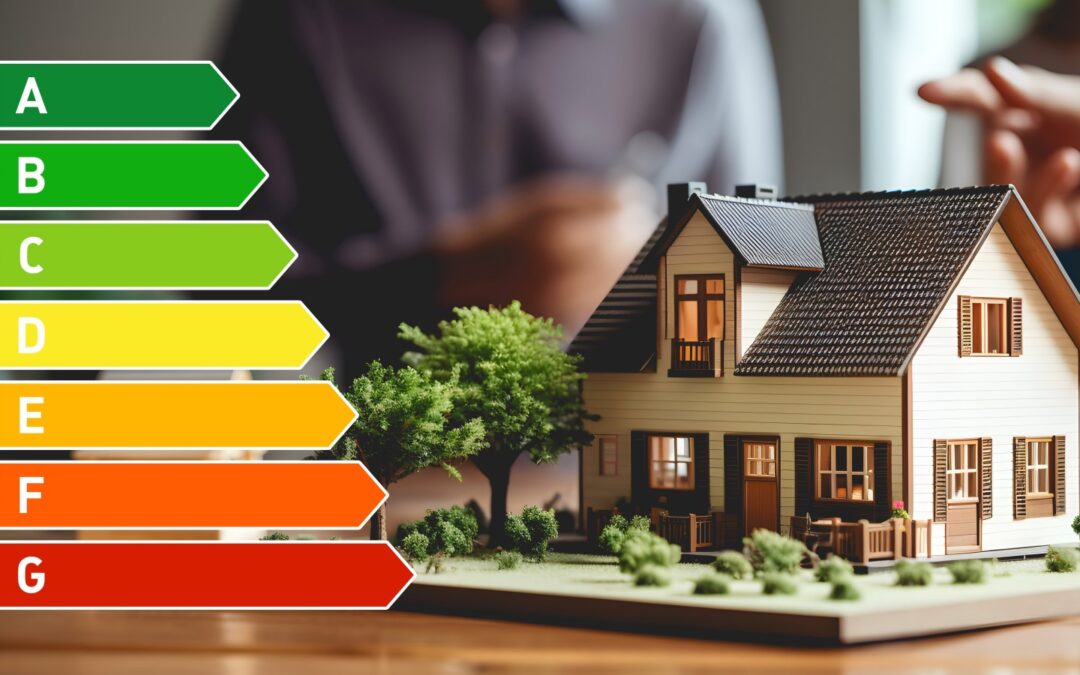How can homeowners increase the energy efficiency of their residential buildings, thereby improving living comfort and contributing to the climate transition? What measures and funding opportunities need to be adapted to reduce the ecological footprint of houses and apartments in the North Sea region?
To answer these questions, the EU Stronghouse project was launched in early 2020 with the aim of motivating homeowners and neighborhoods in the North Sea region to invest in the energy renovation of their homes. Fortunately, the EU continued to pursue its ambitious climate targets during the lockdown years of the coronavirus pandemic and emphasized the importance of building energy efficiency, for example by launching the European Renovation Wave. The 20 Stronghouse partners have actively participated in this wave by developing new and improved strategies to finance, organize, implement and introduce products, services and procedures to reduce theCO2 emissions of municipalities in the North Sea region, always taking into account the perspective of homeowners and the diversity of their needs, wishes and motivations.
At the successful end of the project funded by the Interreg North Sea program, aconium GmbH, as project partner, presents a smart home manual that benefits not only residential buildings in the North Sea region. aconium identified digital applications, technologies and services that can be used by homeowners to improve the energy efficiency of their buildings, so-called smart home technologies. The resulting handbook provides an overview of the smart home concept and the components of smart residential buildings. It also relates smart home technologies to the targeted energy efficiency of newly constructed or renovated buildings. In this context, smart home pilot projects in Germany, France and Belgium are presented. The handbook concludes with a presentation of examples from both Europe and Germany.
By working with partners from six nations, the Stronghouse project provided a transnational platform to explore the obstacles and potentials in implementing energy saving solutions for the housing sector based on digitalization in the North Sea region. With the successful conclusion of the project and the resulting Smart Home Manual, both private individuals and public authorities planning to promote and integrate smart home components in their housing projects can take the “Smart Home Journey” here here.

